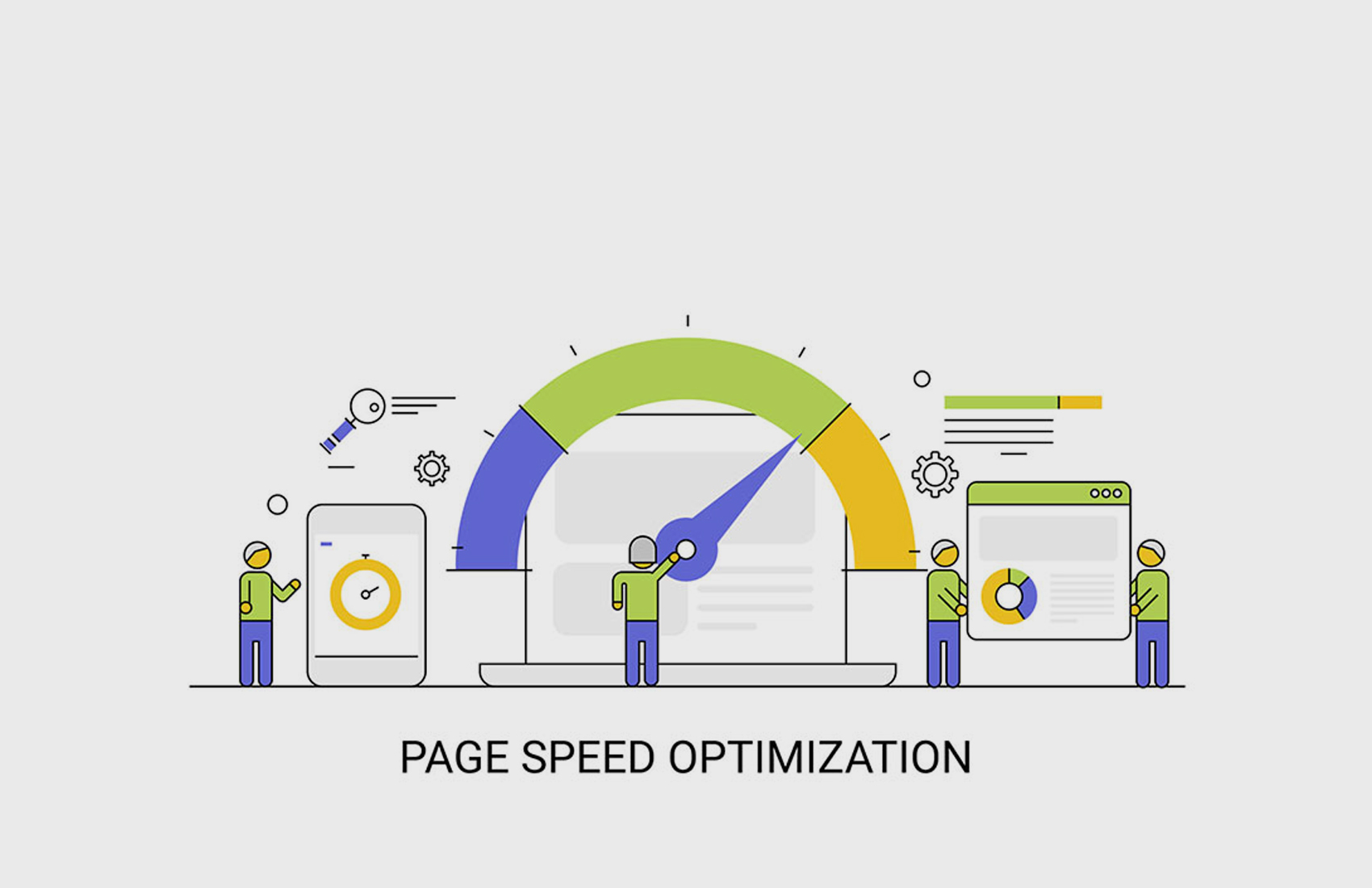Why Page Speed is Important for SEO?
No one likes to browse through a slow loading website. From time to time Google has stressed the importance of Website loading speed through Tools like PageSpeed Insights and Google Analytics. Speeding up websites is important not just to site owners but to all users.
Why is Page Speed Important?
Over the years research has shown that users tend to take a decision based on website loading Speed. Even if you think the page speed is not affecting your website ranking there are other factors need to be considered.
- According to the Kiss Metrics, every second count. It says 18 percent of Mobile users will leave your site if it doesn’t load in 5 seconds and 30% drop if it doesn’t load in 10 seconds. That’s a lot!
- A one-second delay in page-load time leads a drop in page views (11 percent), conversions (7 percent), and customer satisfaction (16 percent), according to the Aberdeen Group.
- And another research by Econsultancy research says your users will wait no more than 2 seconds for a page to load. Resulting in a high Bounce rate.
Does Google really care about Page Speed?
Yes, it does. From the day Google introduced it’s PageSpeed Insights tool, it kept on insisting the importance of it by introducing specific tools to webmasters to analyze and improve page load time. Then there are the Site Speed reports inside Google Analytics. These reports, in the Behavior Section, will show you average times for page load, redirection, domain lookup, server connection, server response, and page download.
Apart from Google Webmaster, Google also recommends other tools like YSlow and WebPagetest in their blog to test page Speed.
Others factor to Consider:
Website Hosting:
The website hosting provider and technology you choose can have a significant effect on your page load times. Choose local website hosting provider. Dedicated hosting is always preferable over shared as you don’t need to worry about other websites on the same server as yours slowing your website down.
Website Technology:
Next to hosting, the technology you use to build the website matters a lot. A study by Business2Community showed that Shopify, WordPress, and Joomla have the best page load times for e-commerce and content management systems, while Website Tool Tester found Webnote, Yola, and Weebly to be the top desktop website builder platforms.
Website Content:
Your website content plays a huge role in reducing website Speed. Try Optimizing your image and video file you use. Small and simple changes like reducing image size can help to reduce the load time of your page.
Do a regular review of your website and use google page speed insight tools to figure out the modules. It won’t be long until Google officially announces that page speed will be one of their ranking factors.








